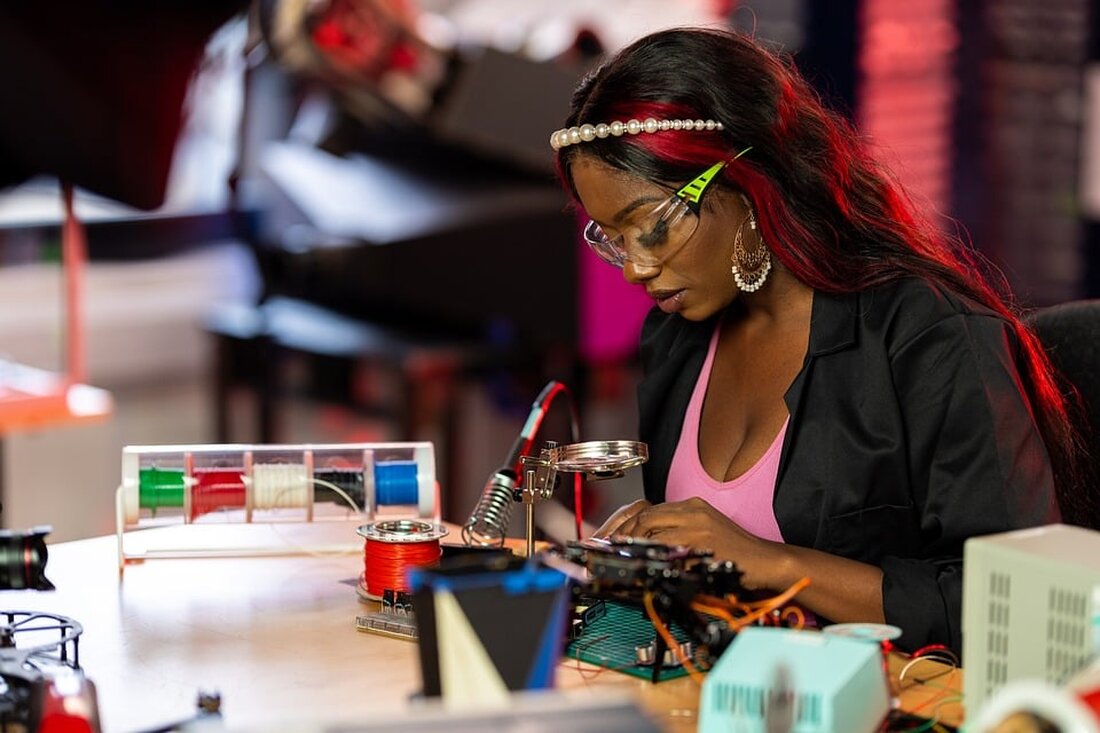Science in the crisis: How researchers inform about Twitter
Learn like scientists: communicate on Twitter during crises, especially during crises, especially during the Covid 19 pandemic. A study by universities examines the perception of the expertise and the difference between evidence -based factor presentation and expression. The results will be presented in Berlin on October 1, 2024. Be there!

Science in the crisis: How researchers inform about Twitter
How scientists communicate in times of crisis - an exciting research!
In the middle of crises there is a question that is of immense interest: How do scientists communicate: inside on social media? A team of researchers: Interior of the Universities of Duisburg-Essen, Potsdam and Braunschweig has dealt intensively with this topic and will present the fascinating results at a final event on October 1 at the Kaiserin-Friedrich Foundation in Berlin. The renowned professors Christian Drosten and Melanie Brinkmann will proudly take part in this discussion!
The world has changed dramatically during the Covid 19 pandemic, and thus also the way scientists: inside the dialogue. "We were able to show that scientists are actively positioning on social media during the pandemic," explains Prof. Dr. Nicole Krämer from the University of Duisburg-Essen. They go beyond mere scientific reports, call for action and also share their own opinion. That is absolutely remarkable!
The fascinating knowledge
The team has made an exciting discovery: In their communication, the scientists take on: specific roles inside, for example as a "watchdog" or "advocate". Wait a minute - what does that mean for us? The automated analyzes of over 42,000 Twitter contributions show that these experts reliably use scientific evidence even in times of crisis, while others share more personal anecdotes. Prof. Krämer emphasizes: "The scientificity of the contributions can help the scientist: inside to achieve a greater reach." This is a real gamechanger!
Studies show that scientists: inside can increase their credibility by emphasizing their academic titles and relying on scientific studies instead of personal stories. But be careful: too many technical terms can severely affect the understandable communication and reduce credibility. It is all the more important that the public is able to distinguish between real experts and the wrong gurus!
an invitation to the final event
On October 1st, the time has finally come! The final event of the DFG-funded project "Science Communication in Pandemien" starts in the Kaiserin Friedrich Foundation in Berlin. The interested public and press representative: are cordially invited inside! But be careful, the registration is required by September 30, 2024.
be there when the central knowledge is presented and learn how scientists act in the inside with their strong voice in times of crisis. This is your chance of learning more about the influence of social media on science communication and witnessing a fascinating exchange of specialist knowledge!
Further information: Prof. Dr. Nicole Krämer, email: nicole.kraemer@uni-due.de
Editor: Astrid Bergmeister, press spokeswoman, Tel. 0203-379 2430
BookEvent: 01.10.2024, 10: 00–17: 00, Kaiserin-Friedrich Foundation, Robert-Koch-Platz 7, 10115 Berlin.

 Suche
Suche
 Mein Konto
Mein Konto
